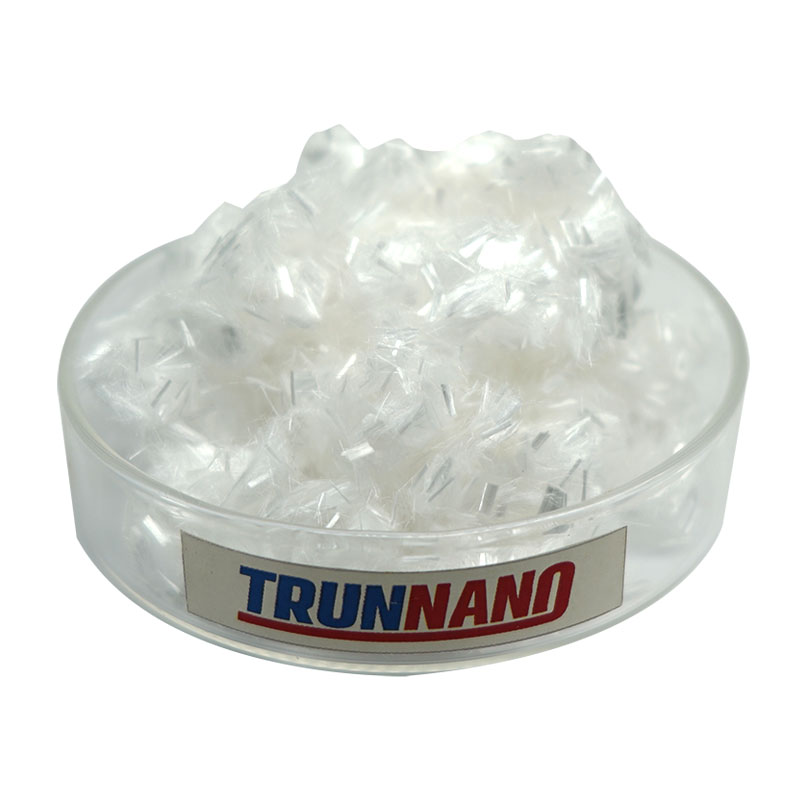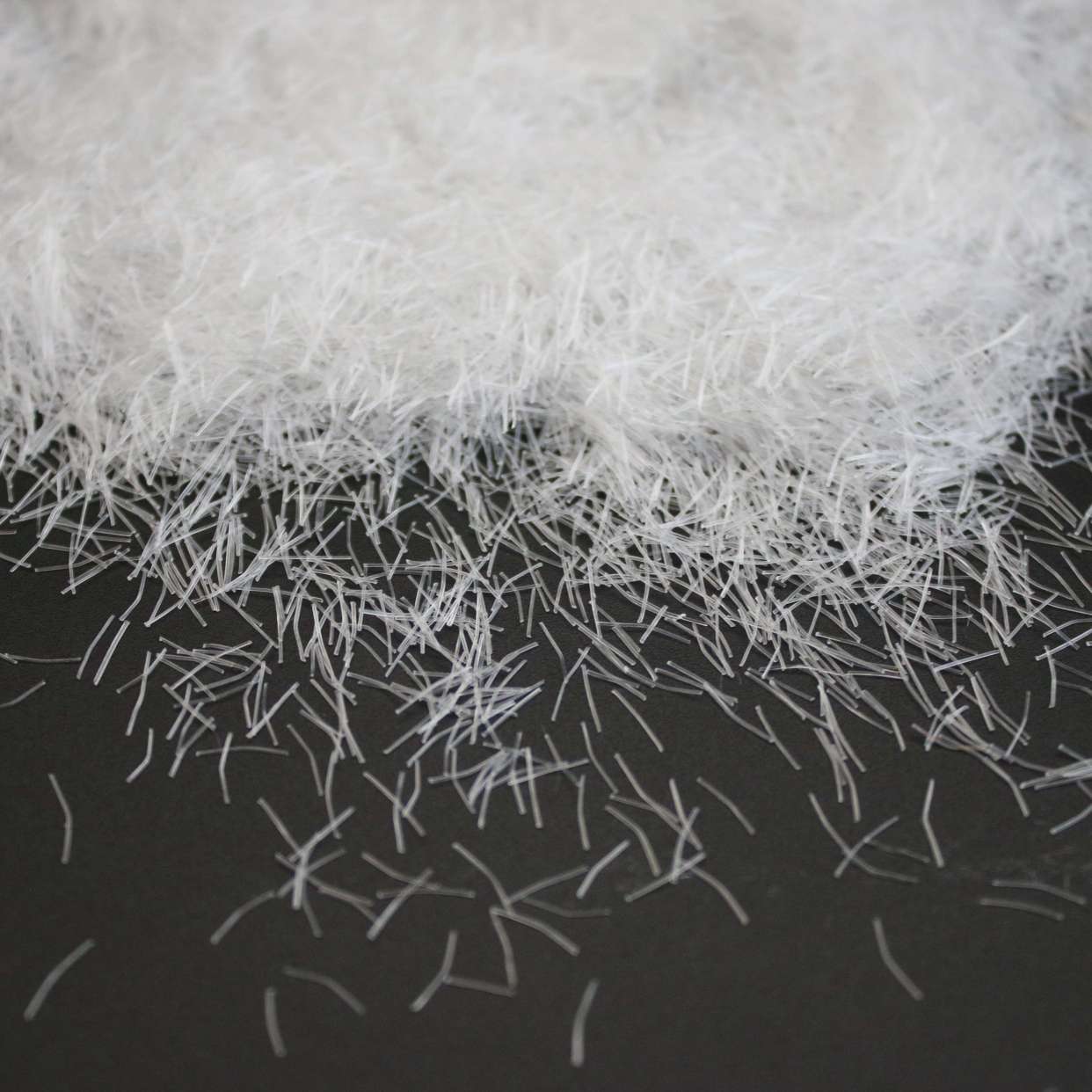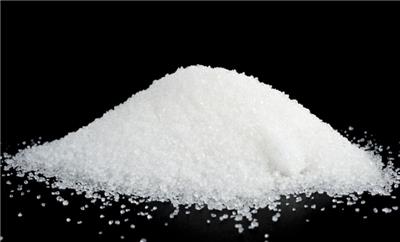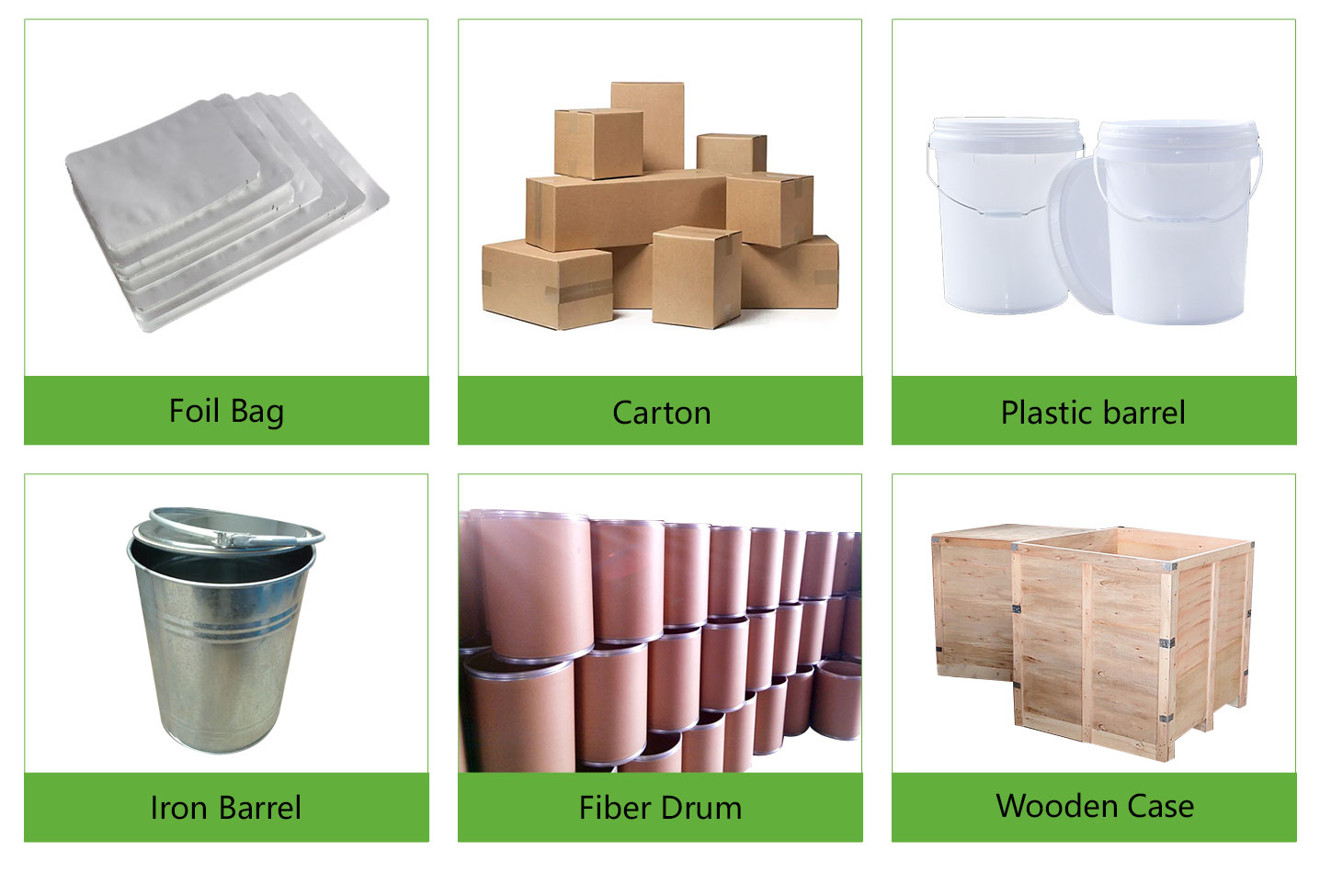Description of PVA Fiber:
Chemical properties: The chemical properties of PVA fiber are relatively stable and are not easily eroded by most acids, bases and oxidants. It is sensitive to some organic solvents such as alcohol, acetone, etc., but its solvent resistance is still relatively good compared to other synthetic fibers.
Physical properties: PVA fiber has excellent physical properties. Its strength and modulus are relatively high, and it has good flexibility and machinability. These characteristics make PVA fiber widely used in textile and clothing fields.
Mechanical properties: The mechanical properties of PVA fiber mainly include strength, modulus and toughness. These properties largely depend on its molecular structure and molecular weight. The power and modulus of PVA fibers are generally high, but the toughness is relatively poor.
Electrical properties: PVA fiber has good electrical insulation properties, and its volume resistivity and dielectric constant are higher than polyethylene fiber and polyester fiber. This feature makes it widely used in the field of electrical insulation.
Thermal properties: PVA fiber has poor thermal stability, low melting point and glass transition temperature. However, compared with other synthetic fibers, PVA fibers have a smaller thermal expansion coefficient, so they perform well in certain situations where heat preservation and insulation are required.
Optical properties: PVA fiber has high transparency, and its light transmittance and fog are better. This feature gives it an advantage in manufacturing eye lenses, protective masks and other optical products.
Weather resistance: PVA fibers are relatively poor in weather resistance, and prolonged exposure to ultraviolet light can cause their performance to decline. In addition, PVA fibers are hygroscopic, so their performance may be affected in humid environments.

Data of PVA Fiber:
| Items | Unit | Quality |
| Titer | dtex | 2.0±0.25 |
| Dry Tenacity | CN/dtex | ≥14.0 |
| Initial Modulus | CN/dtex | ≥350 |
| Dry EXTat break | % | 6.5±1.0 |
| Loss in Hot Water | % | ≤2.0 |
| Size | 2.00 dtexX6mm |
Properties and Characteristics of PVA Fiber:
1. It has good mechanical properties, high strength, high modulus, and low elongation.
2. Strong acid and alkali resistance and chemical resistance.
3. Light resistance: Under long-term sunlight, the loss rate of fiber strength is low.
4. Corrosion resistance: The fiber will not be moldy, rot, or moth-eaten when buried in the ground for a long time.
5. The fiber has good dispersibility: the fiber does not stick, and the water dispersibility is good.
6. The fiber has a good affinity with cement, plastic, etc., and the bonding strength is high.
7. Non-toxic and harmless to the human body and environment.
Application of Polyvinyl Alcohol PVA Fiber:
Textile and garment field: PVA fiber is widely used in textile and garment fields because of its good moisture absorption, good air permeability, good warmth, soft feel and other characteristics. It can be used to make a variety of fabrics, such as cotton blend, wool blend, silk blend, etc., and a variety of clothing, such as underwear, outerwear, sportswear, etc. In addition, PVA fibers can also be used to make accessories for textiles and apparel, such as buttons, zippers, etc.

Industrial field: PVA fiber is widely used in the industrial area because of its high strength, good wear resistance, strong corrosion resistance and other characteristics. It can be used to make various industrial parts, such as conveyor belts, transmission belts, sealing materials, etc. In addition, PVA fiber can also be used to make industrial filter materials, insulation materials, building materials and so on.
Medical field: PVA fiber is widely used in the medical field because of its non-toxic, non-irritating and good chemical stability. It can be used to make medical supplies, such as surgical gowns, gloves, protective clothing, etc. In addition, PVA fibers can also be used to make parts of medical devices, such as infusion sets, blood collection sets, etc.
Agricultural field: PVA fiber is widely used in farming because of its high strength, strong corrosion resistance, good heat preservation and other characteristics. It can be used to make agricultural film, insulation materials, etc. In addition, PVA fibers can also be used to make farming textiles and accessories, such as tents, insulation blankets, etc.

Production Method of Polyvinyl Alcohol PVA Fiber:
Polymerization reaction: First of all, through the polymerization reaction, the vinyl alcohol monomer is polymerized into oligomers. The polymerization reaction generally adopts the aqueous solution polymerization method; the vinyl alcohol monomer is dissolved in water, and then the catalyst is added, such as sulfuric acid, hydrogen peroxide, etc... The polymerization reaction is carried out under a specific temperature and pressure.
Spinning solution preparation: The oligomer obtained from the polymerization reaction is dissolved in the appropriate solvent to prepare the spinning solution. Typical solvents are water, methanol, ethanol and so on.
Spinning: The spinning solution is sprayed through the spinneret hole to form a filament-like stream. The shape and size of the spinneret hole will affect the condition and properties of the fiber.
Drawing and heat treatment: In the spinning process, fibers with different properties can be obtained by controlling the conditions of drawing and heat treatment. Stretching can increase the thread's crystallinity and improve the fiber's strength and modulus. Heat treatment can further increase the crystallinity and stability of the fiber.
Polymerization is a critical step in the production of PVA fiber. The control conditions of polymerization, such as temperature, pressure, catalyst, etc., will affect the polymer's molecular weight and molecular structure and thus influence the performance of the fiber.
In addition, the properties of the spinning solution will also affect the properties of the fiber. For example, the spinning solution's viscosity, stability, and surface tension will affect the silk formation and the structure of the fiber during the spinning process. Therefore, when preparing the spinning solution, it is necessary to select the appropriate solvent and dissolution conditions to ensure the stability and spinnability of the spinning solution.
In the spinning process, designing and manufacturing spinneret holes is also an essential step. The shape, size and material of the spinneret hole will affect the condition and performance of the fiber. If the design of spinneret holes is not reasonable, it will lead to fiber breakage, hair and other problems, affecting fiber quality and production efficiency.
Finally, drawing and heat treatment are essential to producing PVA fibers. By controlling the conditions of stretching and heat treatment, the structure and properties of the fibers can be adjusted. Proper stretching can increase the thread's crystallinity and improve the fiber's strength and modulus. Heat treatment can further increase the fiber's crystallinity and stability and enhance the thread's performance and quality.
Package of PVA Fiber:
Packaging: Packed in woven bags lined with plastic film, each bag has a net weight of 20 kg. If special specification packaging is needed, it can be customized in advance.
Storage: should be stored in a cool and ventilated warehouse; pay attention to moisture.

Suppliers of PVA Fiber:
Luoyang Tongrun Nano Technology Co. Ltd. (TRUNNANO) is a trusted global chemical material supplier & manufacturer with over 12-year-experience in providing super high-quality chemicals and Nanomaterials, including boride powder, nitride powder, graphite powder, sulfide powder, 3D printing powder, etc.
If you are looking for high-quality PVA Fiber, please feel free to contact us and send an inquiry.